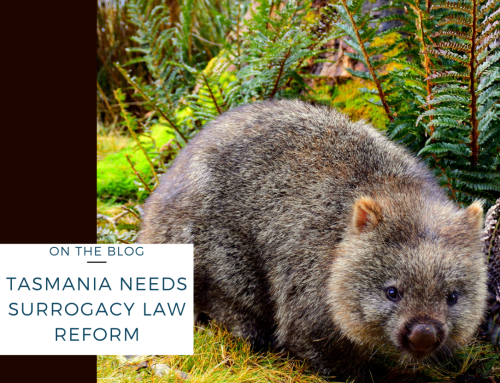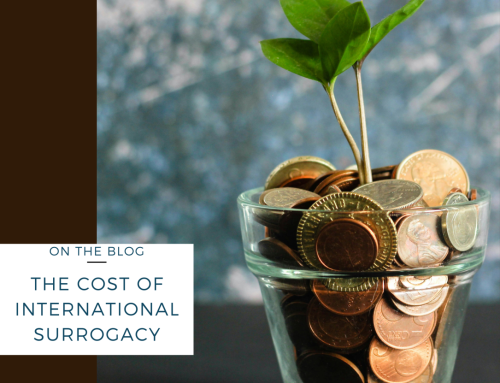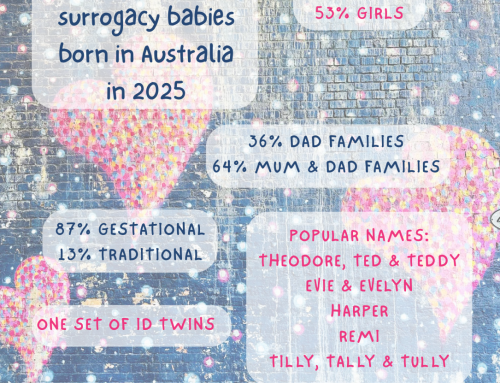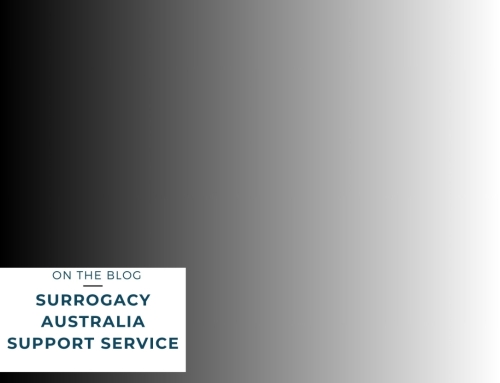Should surrogate’s be paid in Australia?
It’s time we introduced compensated surrogacy in Australia, to increase accessibility and reduce the instances of intended parents heading overseas.
Many people consider that only altruistic surrogacy should be legal in Australia. I too, once considered that surrogates should not be paid, and I was not motivated to be a surrogate for financial reasons. I considered that I should not be paid, and that the child born should not be bought or sold.
However, research shows that that surrogates who are compensated, are also motivated by altruism, empathy and a desire to help people. Compensation for gestational services can be ethical, regulated and not conditional or connected to the relinquishment of a child or transfer of parentage.
The fertility and surrogacy industries are multi-million-dollar industries, where every professional is paid. Fertility specialists, lawyers, counsellors, obstetricians, midwives and birth photographers are all paid for their involvement in a surrogacy arrangement. The one person taking most of the risk and giving many hundreds of hours of their time to surrogacy, pregnancy and birth, is the surrogate, and she is unpaid. While critics consider that commercial surrogacy exploits women, it is a fact that the industry benefits from the unpaid labour of altruistic surrogates in Australia.
Altruistic surrogacy exploits the unpaid labour of women.
There are many examples of the risks that women take when pregnant. In surrogacy, intended parents can cover prescribed expenses including for medical expenses arising from the birth. However, there is no compensation for birth injuries or post-partum recovery.
While there is concern that people born through compensated surrogacy may perceive their conception as transactional, equal attention must be paid to the broader issue—that women are too often conditioned to perform labour for free while others profit from their efforts.
It is right and fair that surrogates are compensated for their time, commitment and the risks they take when carrying a baby for someone else. Surrogates can be simultaneously motivated by empathy and altruism and compensated for their time. The two are not mutually exclusive.
But what of the surrogates who don’t want to be paid? Don’t worry! I’m not suggesting we force payments on people that just want their expenses covered. But should other women go without compensation because some prefer not to be compensated? I don’t think so. I suspect that if all surrogates did receive compensation, many of them would spend it on a family recuperation holiday, which is quite common in the United Kingdom. No one is suggested all surrogates should be paid against their wishes or that to be paid takes away from the altruism of what they’re doing.
Compensating surrogates will lead to an increase in surrogacy in Australia, which addresses some issues of accessibility and lowers the chances of intended parents travelling overseas for surrogacy. In turn, the risks of cross-border surrogacy are reduced, and the instance of exploitation is lowered.
Australia cannot continue to criminalise our citizens for engaging in international commercial surrogacy while failing to provide an accessible framework for surrogacy in our own country. We have a responsibility to the women and children globally, to ensure our citizens – intended parents and industry business – are not exploiting people in other countries.
There are ways to safeguard surrogates and the persons born, while compensating surrogates. Safeguards should include access to counselling and legal advice. Income earning, or eligibility for social security payments, should not determine whether a woman can become a surrogate.
Compensation amounts should be regulated to avoid the free market that risks commodifying surrogates and exploiting intended parents.
A framework that recognises pregnancy as work reflects that pregnancy length varies and that surrogates would receive payments for gestational services based on the length of pregnancy and not for relinquishing the child or transferring parentage.
Surrogates should be paid and introducing compensated surrogacy will increase accessibility in Australia, where we can protect the rights and interests of everyone involved.








